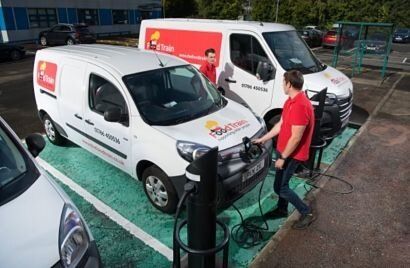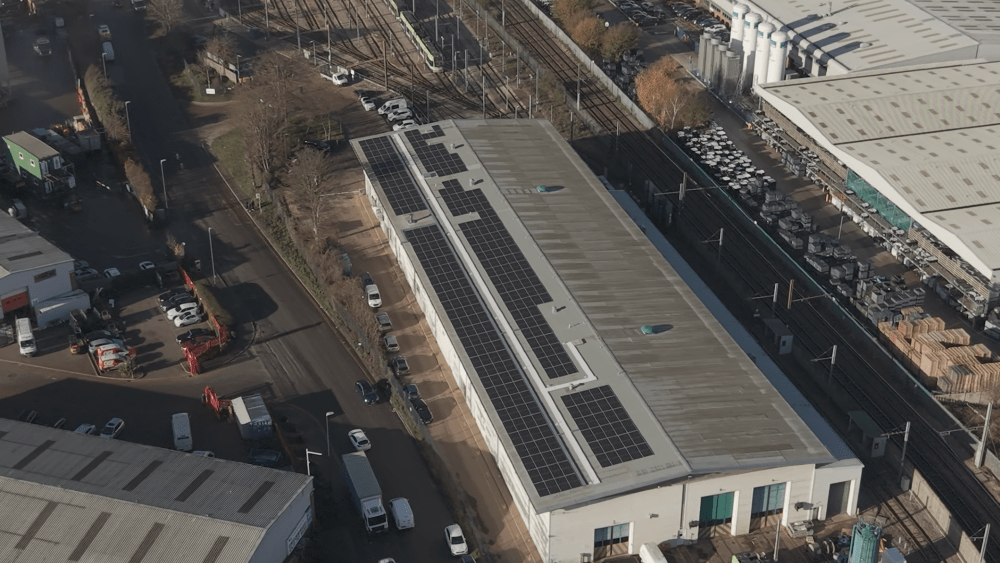A charity in Scotland has acquired six Renault Master ZE and three Kangoo ZE pure electric vans.
The Food Train will use the vans to provide food access to older, vulnerable people across areas of Scotland.
The vans are the charity’s first EVs and have allowed it to expand its business to volunteers supplying grocery deliveries to those with ill health, frailty or disability across Clackmannanshire and East Renfrewshire, adding to Dumfries and Galloway, West Lothian, Glasgow, Renfrewshire, Stirling, Dundee and Scottish Borders.
The pure EV Renault ZE van has been funded through the SP Energy Networks Green Economy Fund, provided through the Energy Saving Trust. The fund aims to offer to local communities support for low carbon transport and the government’s overall energy strategy.
Additionally, savings from purchasing pure EV vans has allowed the charity to refocus its funds to other parts of the charity – and generated cost savings on expensive maintenance of older vehicles.
Importantly, the change has had little impact on the effectiveness of its complex operation, which has seen the charity make 445,000 deliveries in 2019/20 and deliver shopping that was worth over £14 million. The respective WLTP ranges of 75 and 143 miles for the Renault Master Z.E. and Renault Kangoo Maxi Z.E. have proved enough for the rounds, even though the number of drops can vary significantly. To add extra reassurance and enable the charity to reach older people in more remote areas of Stirling, one of the Renault Kangoo Maxi Z.E. vans has been specified with the optional heat pump. Part of the air conditioning system, it produces heat or cools down the vehicle. Acting like reversible air conditioning, it operates in both capacities while preserving the driving range that is available to the Food Train’s volunteers.
Vincent Tourette, Managing Director, Groupe Renault UK, said the Renault PRO+ range allowed for businesses and organisations to scale-up their environmental credentials while also ensuring financial benefits across their operations, whether in urban or rural settings.












